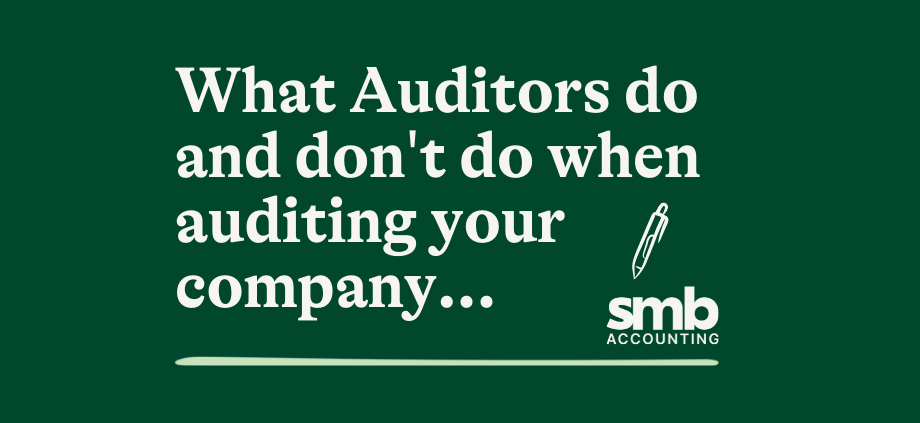What Auditors Do and Don’t Do When Auditing Your Company
Why do such audits even exist in the first place? It happens because of problems on your end. Everything from questionable financial reports and the like can force third parties to audit your company to ensure you are not hiding anything. For instance, they will check whether what’s recorded in the balance sheets is actually what is being owned and what is owed, or whether the profits and losses recorded are accurate. Regardless, many companies decide to get their business audited for the sole purpose of catching any issues that they can solve to run their business better.
That being said, if you are here today looking to understand what exactly happens during an audit, we will share with you what auditors do and do not do when carrying out the task:
What Auditors Do
Generally, auditors will tell you the scope of the audit work that will occur in your company. However, additional procedures can be performed under the request by management or even the directors. Regardless, auditors will maintain as much independence as possible from the heads of the company, ensuring that all the tests and judgements are made without bias. Depending on the risks and controls they have identified, they will determine how extensive their audits will be and what kind of audit procedures will be carried out.
As for what kind of procedures they will carry out, there’s a few that they can do. For example, they can send formal written questions or ask informal oral questions to various individuals in the business. They can also examine accounting records or any other documents. Finally, they can obtain written confirmations from different sources, such as a debtor, to see if your record checks out.
What Auditors Do Not Do
While auditors will work to try and identify any flaws or issues in your business, there are just some things they simply won’t do. For example, auditors will not check the information given directly by members of the organisation, and they will not check every single figure in a financial report. Auditors are incredibly selective at what they want to check, and they will only check and see portions of different information.
Apart from what they won’t do, there are other things they also cannot do. For example, they cannot be there 24/7 to keep auditing your documents. The audits are carried out within a specific time frame and focus on different areas of the business. Once that time frame is up, they leave. Another thing they cannot do is predict the future of the business. They cannot judge what might happen in the future, so they cannot tell you what your business will look like in a few years or even months.
Conclusion
While getting audited is almost never fun, it is sometimes necessary. Some problems occur without getting noticed, leaving you with little to no chance to solve them until it is too late. As such, it is vital to reach out to professionals to assist you. Otherwise, you’re setting yourself up to waste a lot of your time and possibly even money running a business that isn’t controlling its finances and other aspects properly. That said, if you want to audit your company to ensure everything is performing smoothly, be sure to work with professionals. They can ensure that the audit is completed quickly and efficiently, allowing you to get the information needed without too much trouble to improve your business!
SMB Accounting is an accounting firm offering individual tax returns, SMSF audits, and a few other small business accounting services to help companies stay on top of their finances. If you are looking for an SMSF audit in Australia, get in touch with us today!

